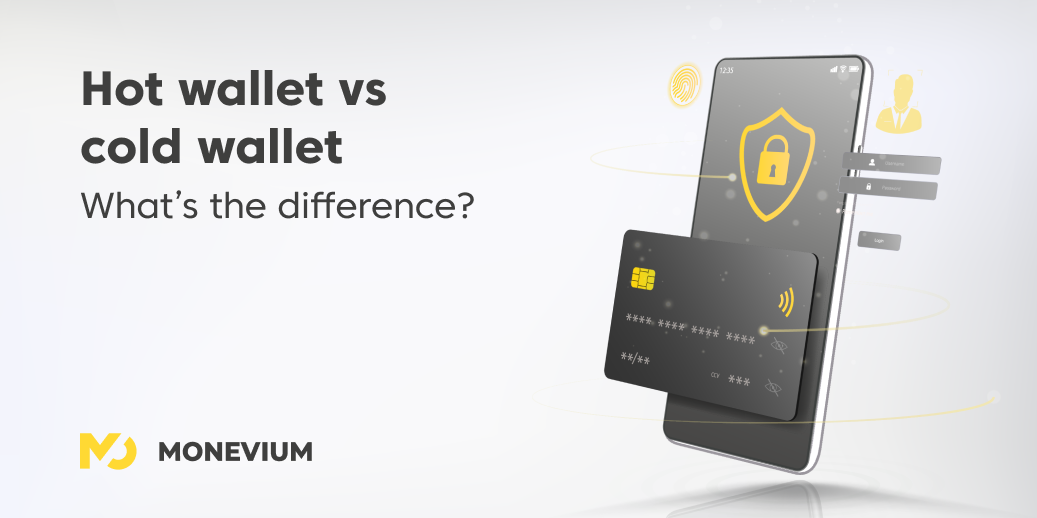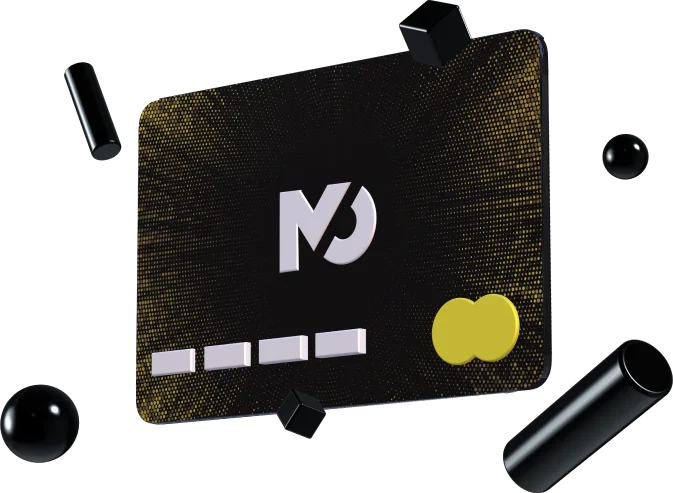Hot wallet vs cold wallet: What is the difference?

Today, the age of electronic money is here.
What is electronic money?
Electronic money is often conflated with ‘cryptocurrency’ largely because cryptocurrency began its life as a digital entity however, the phrase electronic money, or e-money, could relate to any form of currency, whether centrally issued sovereign currency such as the British Pound, Euro, or US Dollar, as well as decentralised cryptocurrency.
When referring to centrally issued sovereign currency such as the British Pound, US Dollar, or Euro in the context of electronic money, the use of electronic wallets, online transactions and contactless payment methods are usually the focus.
Therefore, the wallets that are now used by many people are electronic rather than physical wallets. They are electronic devices that hold money electronically, rather than leather wallets holding paper cash and coins, and can hold sovereign currencies as well as cryptocurrency.
For example, when paying for groceries in a supermarket via contactless systems using a smartwatch or smartphone, which constitutes using sovereign currency via an e-wallet therefore, is considered ‘electronic money’.
For storing electronic money, there are two types of electronic wallets, those being a hot wallet and a cold wallet.
What is the difference?
Hot Wallet
Hot wallets are the most common type of electronic storage for electronic money, whether it be cryptocurrency or the everyday use of Sterling or Euros.
A ‘hot wallet’ is an electronic wallet which is connected to the internet and readily available for use at any time.
Hot wallets are very popular methods of storing funds which are used daily for everyday activities such as shopping or online payment of bills.
Software wallets which use internet browsers, mobile phones, or desktop applications as the basis for storing funds are considered hot wallets due to their continued connectivity to the internet and enablement for making payments without having to connect to any other device.
For example, when going to a supermarket checkout and tapping a mobile phone application storing a virtual card relating to a personal bank account on the point-of-sale terminal to complete the purchase of groceries, such a wallet would be considered a hot wallet.
Cold Wallet
Cold wallets, sometimes referred to as ‘cold storage wallets’, are offline devices which can be used to store virtual currency without having any connection to the internet, therefore creating a type of digital vault in which to store funds.
Cold wallets are often used for the storage of cryptocurrency rather than sovereign currency, largely because there is far greater availability of cardless savings accounts with long withdrawal notice period requirements in which to store sovereign currency than there is for cryptocurrencies.
For example, storing sovereign currency such as Euros or British Pounds in a secure offline place would often be done via savings accounts with commercial banks. By doing this, the bank is the custodian of funds, and security is achieved by these accounts not having a bank card or being enabled for electronic or online payments.
The cold wallet is a sort of digital equivalent of that and often is used to store digital assets or digital currency offline to avoid hackers or fraudsters accessing the funds via the internet and stealing them.
They are also used to safeguard digital assets from the potential demise of digital asset exchange. If digital assets are left in a digital wallet account operated by a digital asset exchange, and the digital asset exchange either goes into administration or is hacked, these funds would be at risk.
Therefore, many people download them onto a cold wallet and keep them on the cold wallet in a safe place.
Cold wallet storage means that these assets are stored on a device rather than online. Cold wallets are physical devices, such as USB sticks, encrypted cards or digital devices which can be plugged into a computer in order to have the funds downloaded onto them rather than in the case of a hot wallet in which the funds are hosted online by the financial institution or cloud service provider belonging to the wallet provider.
Cold wallets are considered highly secure because they are not accessible via the internet, and the funds stored on them are stored on that local device rather than online, therefore are not susceptible to hacking.
Just do not lose the device or format it in error!
Monevium Ltd is a company registered in the UK under company number 10251711 and is authorised by the UK’s Financial Conduct Authority under Firm Reference Number 766038.
Open Monevium Account in Minutes
The future of money management is only a few clicks away. Apply here to have complete control over your money.


